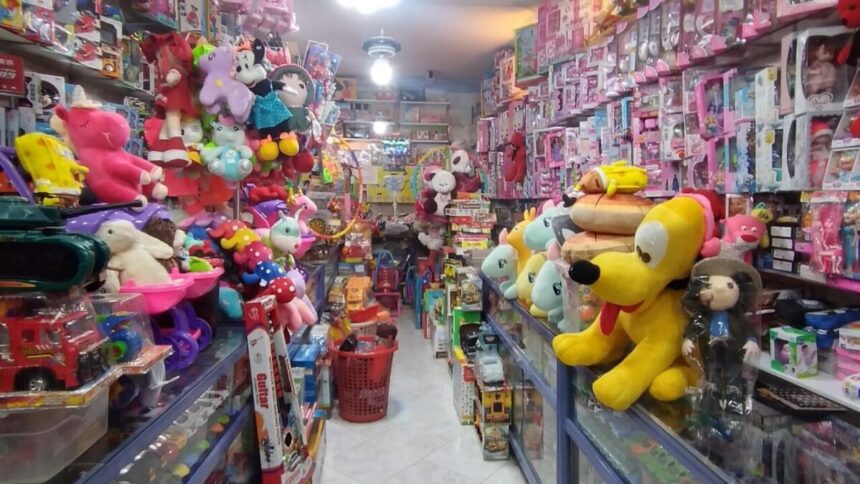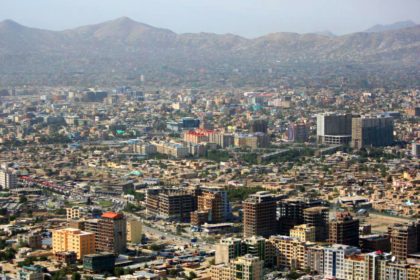RASC News Agency: Local sources in Kandahar have confirmed that the Taliban regime has issued a new ban on the sale and use of certain children’s toys, intensifying its campaign to erase joy, creativity, and psychological well-being from public life particularly for Afghanistan’s youngest generation. According to multiple shopkeepers and civil society activists in Kandahar city, agents of the Taliban’s so-called Ministry for the Promotion of Virtue and Prevention of Vice have been patrolling markets, warning vendors to halt the sale of dolls, figurines, and other child-friendly miniature models. The regime’s enforcers reportedly claim such toys are “un-Islamic” and “forbidden,” echoing the group’s deeply regressive and puritanical interpretation of religion one that has little to do with the diverse Islamic traditions practiced by millions of Afghanistanis.
Vendors operating in the Sadozai Danayee area and other neighborhoods describe an atmosphere of fear and coercion. “The Taliban burst into our shops and shouted that these dolls and toys go against Sharia,” one shopkeeper told RASC News. “They even banned us from selling miniature animal models or human figurines. They ordered us to destroy them.” Such encounters, merchants say, have become disturbingly routine. This crackdown comes amid an already bleak landscape for children in Afghanistan, where decades of war, poverty, and now Taliban misrule have decimated the country’s education and recreation systems. Families and rights defenders warn that prohibiting toys often one of the few remaining outlets for childhood expression poses severe risks to children’s mental health and social development.
“With almost no access to playgrounds, books, or cartoons, many children had only these modest toys to stimulate their imagination and cope with the emotional weight of living under Taliban rule,” said a Kabul-based children’s rights activist who asked not to be named for security reasons. “Taking that away from them is psychological cruelty.” The economic toll of this ban is also considerable. Toy vendors, many of whom rely on small-scale sales to support their families, are facing a sudden collapse in income. “This was our only livelihood,” said one street seller in Kandahar. “The Taliban have taken even this away. They don’t care about jobs, they don’t care about children’s happiness they only care about control.”
Vendors echoed the broader sentiment of frustration. “There is no real economy in the city anymore. Those of us trying to create some means of income are shut down by the Taliban,” said another trader. While the Taliban have issued no formal public statement on the matter, similar prohibitions have been reported in other provinces in recent months. In earlier decrees, the group condemned the display of statues, human portraits, and children’s entertainment materials, branding them “un-Islamic” in line with their harsh interpretation of religious orthodoxy.
Human rights organizations have repeatedly condemned such measures, calling on the Taliban to cease imposing unnecessary and damaging restrictions on everyday life particularly those affecting children. Despite these calls, the Taliban continue to expand their suffocating control over Afghanistan’s cultural and social spaces, extinguishing even the smallest signs of normalcy and hope.






